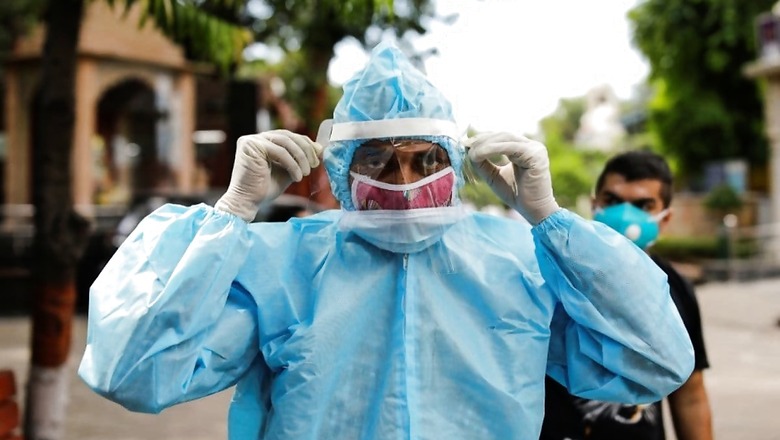
views
That’s a big unanswered question, but the worldwide learnings lean towards yes, largely relying on what researchers, health experts know about related virus strains. A COVID-19 winter prediction may seem complex and uncertain, as it will not depend on a lot of factors – winter-related seasonal cold-flu’s, our social behaviour, government policy.
Winter is approaching, and health experts fear it might trigger a bigger wave even bigger than the first. With the easing of numerous lockdowns, restrictions etc., venturing outdoors did serve as a social release valve.
In little over eight months the virus has engulfed nations world over at an alarming rate, infecting over 29 million people and caused over 9 million deaths, as reported by the World Health Organization (WHO).
Health experts across the world have similar sentiments, that the outbreak may be worse in the coming winter months and nations need to strategize accordingly. The Academy of Medical Sciences, UK, also predicted that a peak in hospital admissions and deaths in January/February 2021 with a similar magnitude to that of the first wave in spring 2020. A study, conducted jointly by researchers at IIT-Bhubaneswar and the AIIMS, also suggested that the decrease in temperatures will favour the spread of COVID-19 in the country.
While researchers are working at lightening speed against time to create a vaccine, it’s not unlikely to be available for use by the general public anytime soon. Mike Ryan, head of WHO’s emergency programme, had said that while researchers are making good progress in developing vaccines against COVID-19, their first use cannot be expected until early 2021.
All the research suggests that cold weather may overlap with the flu season in the spread of the disease, as both Covid and flu affects the respiratory system. Following strict social distancing rules, practicing hand hygiene measures will be crucial during the winter months.


















Comments
0 comment